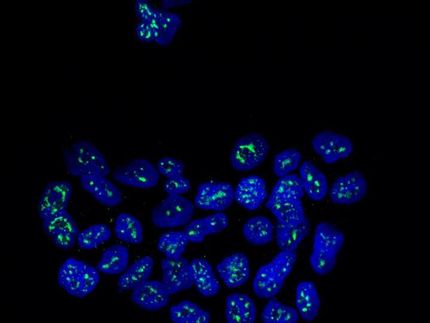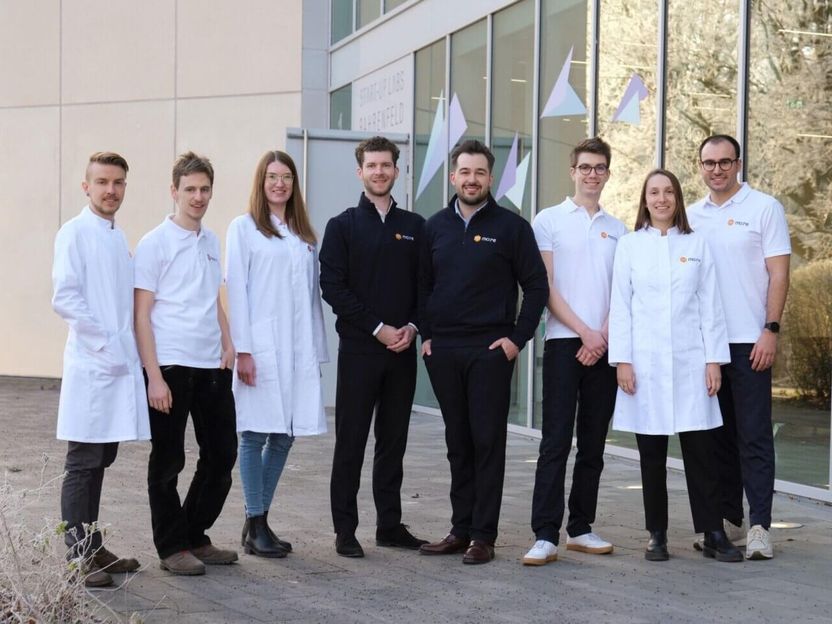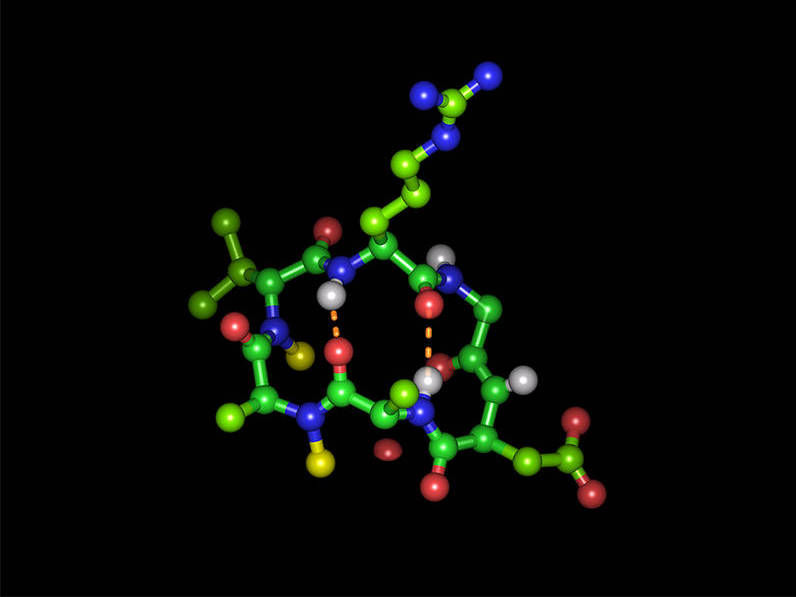Gen-Probe Licenses Technology from AdnaGen That May Increase Accuracy of Molecular Diagnostic Tests for Cancer
Innovative 'Immunocapture' Technology Combined with NAT Also May Help Determine Aggressiveness of Malignancies and Aid in Patient Monitoring
Advertisement
Gen-Probe has licensed technology from AdnaGen that may help increase the accuracy of molecular diagnostic tests to detect prostate and other cancers, help determine the aggressiveness of these malignancies, and monitor responses to therapy. AdnaGen's proprietary technology enables detection of rare, circulating tumor cells that are an early event in cancer metastasis. This is accomplished through two steps that combine the benefits of immunoassay and nucleic acid testing. First, cancerous cells are isolated from healthy cells using a mixture of specific monoclonal antibodies linked to magnetic particles. Second, the RNA inside the captured cells is released and amplified to identify expressed genes that are markers for specific cancers. This combination of technologies increases both the sensitivity and specificity of cancer cell detection in body fluids such as blood and urine.
Under the terms of the agreement, Gen-Probe will gain exclusive access to AdnaGen technology for molecular diagnostic tests for prostate and bladder cancers. Gen-Probe will pay AdnaGen license fees of $1 million within 30 days of signing, and $750,000 in the first quarter of 2006 or upon patent issuance, whichever comes later. Gen-Probe also may pay AdnaGen three milestones totaling an additional $2.25 million based on certain regulatory and commercial events. In addition, Gen-Probe will pay AdnaGen royalties on sales of any products developed using AdnaGen's technology.
Gen-Probe retains options to obtain exclusive licenses to use AdnaGen's technology in molecular diagnostic tests for kidney, ovarian and cervical cancer. If Gen-Probe exercises these options, the Company would pay AdnaGen $250,000 for each additional cancer product. In addition, Gen-Probe retains a three-year "right of first refusal" to negotiate with AdnaGen on exclusive rights to molecular diagnostic tests for breast, colon and lung cancers.
Other news from the department business & finance
Most read news
More news from our other portals
See the theme worlds for related content
Topic world Antibodies
Antibodies are specialized molecules of our immune system that can specifically recognize and neutralize pathogens or foreign substances. Antibody research in biotech and pharma has recognized this natural defense potential and is working intensively to make it therapeutically useful. From monoclonal antibodies used against cancer or autoimmune diseases to antibody-drug conjugates that specifically transport drugs to disease cells - the possibilities are enormous

Topic world Antibodies
Antibodies are specialized molecules of our immune system that can specifically recognize and neutralize pathogens or foreign substances. Antibody research in biotech and pharma has recognized this natural defense potential and is working intensively to make it therapeutically useful. From monoclonal antibodies used against cancer or autoimmune diseases to antibody-drug conjugates that specifically transport drugs to disease cells - the possibilities are enormous






















































